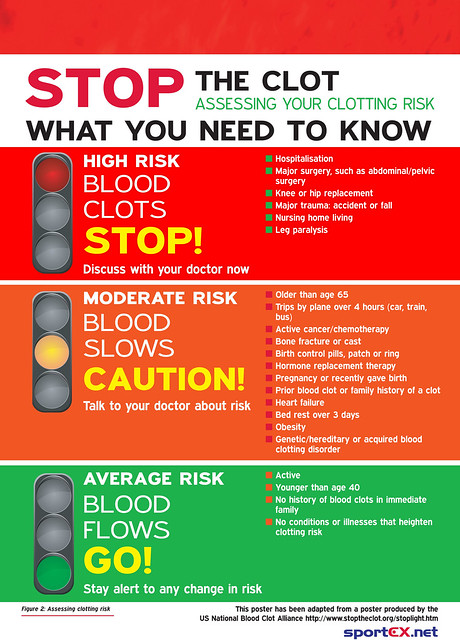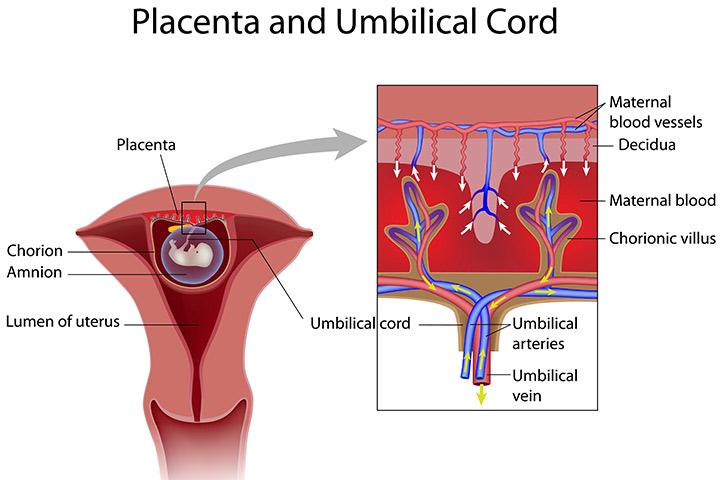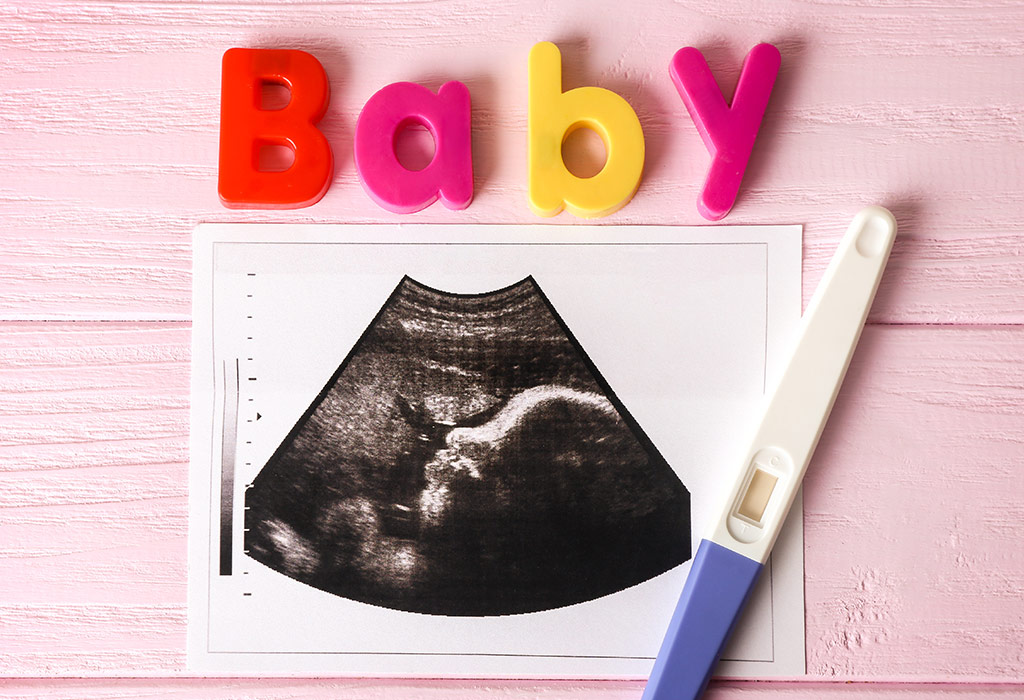Signs Of Blood Clot After Pregnancy

Signs of blood clots before and after delivery blood clots related to pregnancy tend to have specific symptoms depending on whether the clot is located to the leg or has traveled to the lung.
Signs of blood clot after pregnancy. Because a woman has a particularly high risk of developing blood clots in the vein after giving birth she should be aware of any potential signs that could point to a life threatening clot. Blood clots can cause serious complications during pregnancy. This is known as deep vein thrombosis or dvt. You ll notice this if one leg is more unusually swollen than the other.
One of the most common signs of blood clot is a swollen leg. Swelling of the affected limb pain or tenderness not caused by injury skin that is warm to the touch red or discolored. Signs and symptoms of a dvt include swelling of the affected limb pain or tenderness not caused by injury skin that is warm to the touch red or discolored. Usually you will also experience pain in the swollen leg.
While you can expect some degree of blood clots after giving birth you may experience symptoms that require a call to your doctor s office. Other common symptoms include a pain behind the knee of a leg that feels warm to the touch. The following symptoms could be a sign of infection or. Although a dvt can occur without any symptoms the following are the most common signs and symptoms of a dvt.
In pregnant women one of the primary areas for blood clots to form is in the deep veins of the legs. Below is a list of causes signs treatments prevention methods to control blood clots. Swelling or pain in one leg pain that worsens when you walk veins that look larger than normal what are the. Your veins will also look larger than they normal appear.
Pain swelling and tenderness in one leg usually at the back of your lower leg calf the pain may be worse when you bend your foot up towards your knee. Deep vein thrombosis dvt is a serious condition where a blood clot forms in a deep vein in the body usually in the leg. The pain gets worse when you walk. Call your midwife gp or maternity unit immediately if you have.
Although blood clots are unlikely there are a few signs that can indicate the possibility of a blood clot.


















